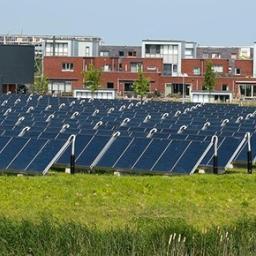Sustainability of international Dutch supply chains: Progress, effects and perspectives
Imported natural resources and products, such as coffee, timber, palm oil, cacao, fish and soya, increasingly more often carry a sustainability label, based on the certification of production processes according to production standards. Promoting the use of standards for sustainable production may contribute to a wide variety of global sustainability goals, such as halting biodiversity loss, eradicating extreme poverty and stimulating sustainable economic development.
Market shares of certified products have soared in the Netherlands, over the past two decades, thanks to the collective action by market parties, social organisations and government. The Dutch Government has been playing a facilitating role through its purchasing policy and by supporting initiatives financially. The Netherlands is one of the EU frontrunners in this field.
It is unlikely that voluntary initiatives alone will be able to further expand the market for sustainable products. There are too many obstacles, such as high certification costs, lack of knowledge on sustainable methods, limited financial access for farmers, and the absence of a European level playing field. If the Netherlands and other frontrunner countries aspire to increase the sustainability of production and trade, more policies are needed within the context of the common EU market. For example, companies could be required to provide more transparency about supply chains, the EU could formulate general minimum standards for imported products and resources, and Member States could harmonise public procurement policies.
Auteurs
Kenmerken
- Publicatiedatum
- 9 oktober 2014
- Publicatie type
- Publication
- Productnummer
- 1289
